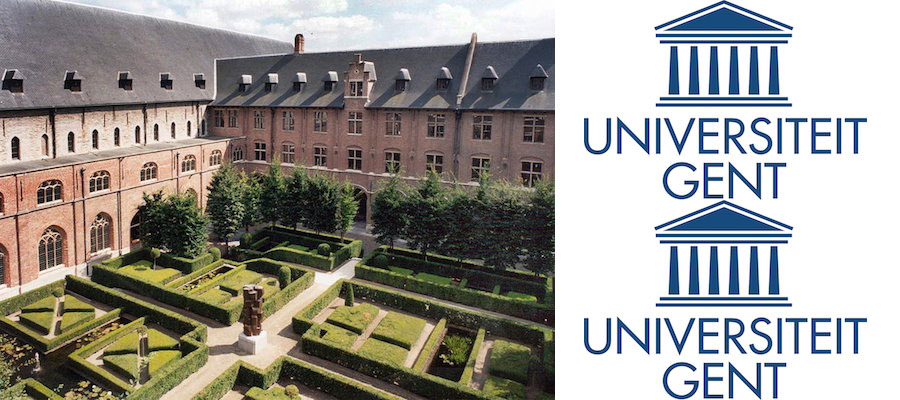Ghent University invites applications for two research positions in ERC project on communication practices in Antiquity.
In September 2017, prof. dr. Klaas Bentein was awarded a Starting Grant by the European Research Council, entitled ‘Everyday Writing in Graeco-Roman and Late Antique Egypt. A socio-semiotic study of communicative variation’ (EVWRIT, 2018 – 2023). He has already filled three research positions on the project, and is now opening up two more research positions, both at the level of PhD candidate (full-time, four years).
Project
Documentary texts from Ancient Egypt such as letters, petitions, and contracts have provided a key witness for our knowledge of the administration, education, economy, etc. of Ancient Egypt. This project argues that, since the texts represent originals, their external aspects should also be brought into the interpretation: elements such as handwriting, linguistic register or writing material transmit indirect social messages concerning hierarchy, status, and power relations, and can therefore be considered ‘semiotic resources’. They have, however, never been the object of systematic study.
The project’s driving hypothesis is that communicative variation – variation that is functionally insignificant but socially significant (e.g. there are ~ there’s ~ it’s a lot of people) – enables the expression of social meaning. The main aim of this project is to analyze the nature of this communicative variation. The project has three more specific goals: (i) to create an open-access database of annotated documentary texts, (ii) to uncover the ‘semiotic potential’ of the different semiotic resources that play a role in documentary writing, and (iii) to analyze the interrelationship between the different semiotic resources involved.
PhD Fellowships
Applicants are invited to apply for a full-time, four-year fellowship to study communicative variation in one of two areas:
Multilingualism: Roman/Late Antique Egypt formed a multi-lingual environment: speakers/writers could choose between four languages (Greek, Latin, Coptic, and at a later stage Arabic), corresponding to four different scripts. Moreover, speakers/writers could use multiple languages at one and the same time (‘code-switching’), or write one and the same language in multiple scripts (e.g. Greek words/phrases in the Latin alphabet). As a PhD candidate, you will make an inventory of such practices, studying the social motivation that lies behind them.
Material aspects of writing: from a material point of view, too, writing displayed extensive variation. For example, writers had the choice between various writing materials (papyrus, but also potsherd, wood, linen, leather and parchment), and could opt for different types of document format (such as the ‘horizontal’ and the ‘vertical’ format). As a PhD candidate, you will investigate which social role such material aspects of writing had to play.
The successful applicants will be expected to hand in and defend a doctoral thesis after four years of research. They will also be expected to actively contribute to the scholarly activities of the research group (such as annotating the EVWRIT-database, organizing conferences, participating in joint publications, etc.). They should come and live in Belgium, and work closely together with the other team members, contributing to a pleasant and stimulating atmosphere.
Applicants are expected to hold a master’s degree in Classics or in a related discipline (e.g. Ancient History or Linguistics). In order to be eligible, applicants must have obtained their degree at the time of application or demonstrate convincingly that they will have that degree in hand by the end of 2018. Applicants should be fluent in English, and have good reading skills of the other languages relevant to the field (German, French, Italian).
